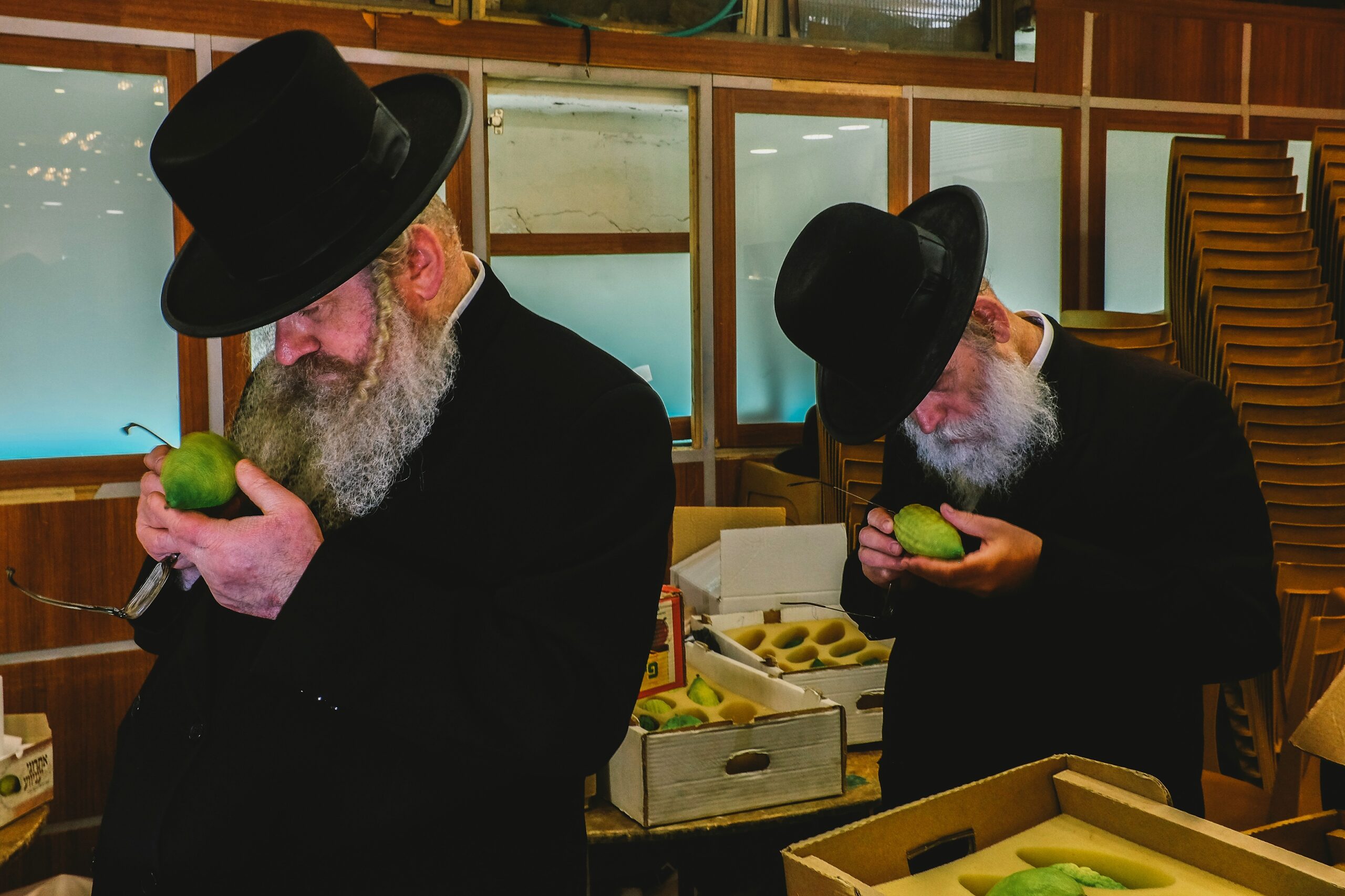Feast of Tabernacles awaits fulfilment
The Feast of Tabernacles is the last of the three Jewish pilgrimage festivals which, according to Christian belief, have not yet seen their fulfilment. The Bible describes how the Gentiles in the coming Messianic age will make their way to Jerusalem to celebrate the Feast of Tabernacles.

Etrog is a citrus fruit that resembles a lemon and is used at Sukkot, the Jewish Feast of Tabernacles. Photo: Amir Appel
Sukkot or the Feast of Tabernacles is a Jewish holiday that falls annually on the 15th of Tishri in the Jewish calendar, which this year corresponds to the 9th of October. The holiday lasts seven days and ends with two more holidays, Shemini Atzeret and Simchat Torah. Sukkot is the Hebrew plural of sukka, which means hut.
Sukkot is one of the three pilgrimage festivals when, in biblical times, the Jewish people used to gather in the temple in Jerusalem. While both the Jewish Passover (Pesach) or Easter, and the Jewish Pentecost (Shavuot) have their New Testament fulfillment, Sukkot has no corresponding Christian holiday and thus still awaits its fulfillment.
Gentiles to Jerusalem
Zechariah 14 describes how Gentiles peoples around the world in the coming Messianic age will make their way to Jerusalem to celebrate the Feast of Tabernacles and how those countries that do not go will be affected by drought:
“It shall come to pass that everyone who is left of all the Gentiles which came against Jerusalem shall go up from year to year to worship the King, the LORD of hosts, and to keep the Feast of Tabernacles. And it shall be that whichever of the families of the earth do not come up to Jerusalem to worship the King, the LORD of hosts, on them there will be no rain.” Zechariah 14:16-19. (NKJV)
In Jerusalem, the Feast of Tabernacles has been celebrated by the International Christian Embassy since 1980 and attracts around 5,000 Christians from all over the world every year.
Lemons part of the celebration
The Feast of Tabernacles is a harvest festival and is described e.g. in Leviticus 23:39-43:
“Also on the fifteenth day of the seventh month, when you have gathered in the fruit of the land, you shall keep the feast of the LORD for seven days; On the first day there shall be a sabbath-rest, and on the eighth day, also a sabbath-rest. And you shall take for yourselves on the first day the fruit of beautiful trees, branches of palm trees, the boughs of leafy trees and willow of the brook and you shall rejoice before the Lord your God for seven days.
You shall keep it as a feast to the LORD for seven days in the year. It shall be a statute forever in your generations. You shall celebrate it in the seventh month. You shall dwell in booths for seven days. All who are native Israelites shall dwell in booths, that your generations may know that I made the children of Israel dwell in booths of leaves when I brought them out of the land of Egypt. I am the LORD your God.” (NKJV)
The four kinds of trees named in verse 40 have been identified as the date palm, willow, lemon and the myrtle for 2000 years. Some scholars claim that it was at the beginning of our era that the lemon was established as part of the Sukkot celebration.
The lemon fruit probably existed in Persia and was depicted in Israel at the time of the Second Temple and images of lemons are found in many archaeological sites and on many Bar Kokhba coins.


